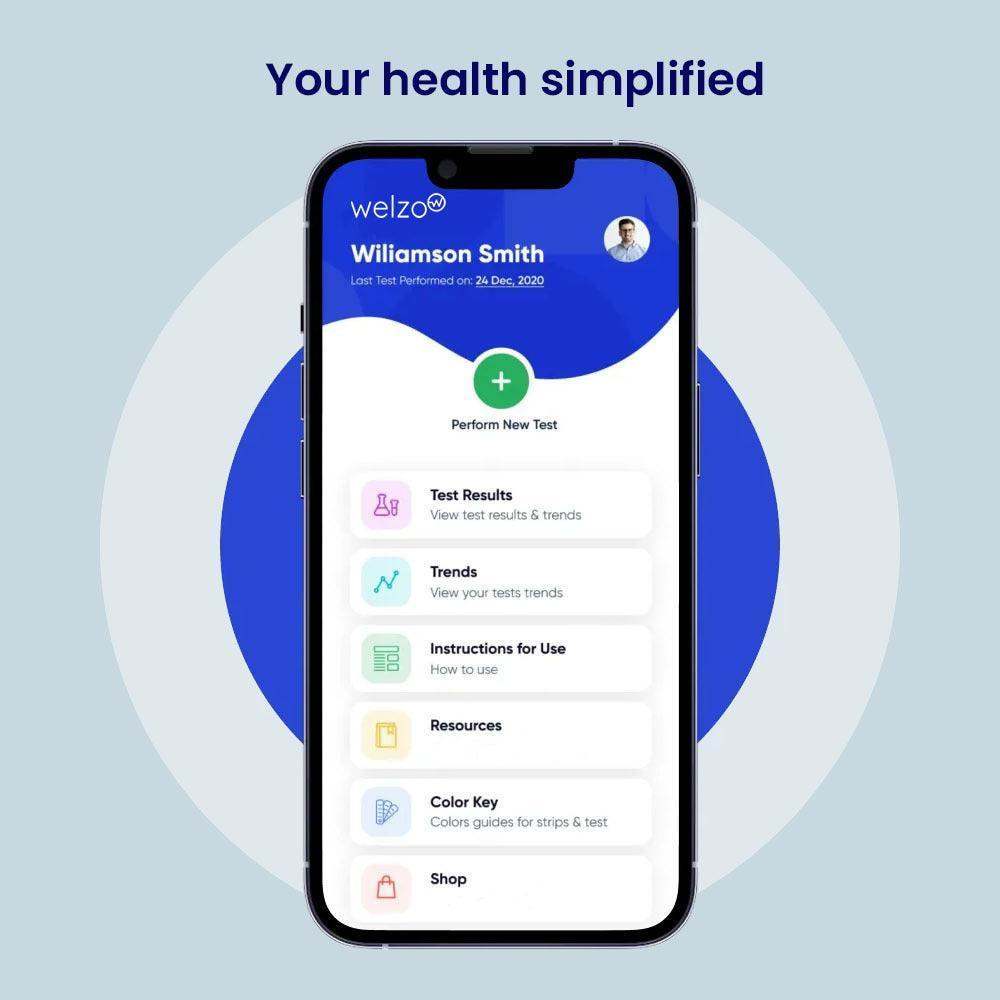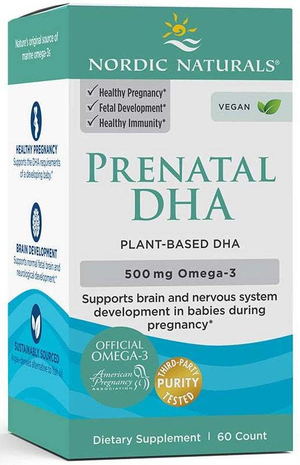hCG hormone is produced by the placenta and is present in your blood from the time of implantation, about two weeks after fertilization. A pregnancy blood test can be done as early as 10 days after you ovulate, but it is most accurate when done closer to your expected period. If you are trying to get pregnant, you may want to have a blood test done to confirm that you are indeed pregnant before making any big changes in your lifestyle.
If you take a home pregnancy test and it comes back positive, you should make an appointment with your doctor to confirm the results with a blood test. This is especially important if you are over the age of 35 or have any medical conditions that could complicate your pregnancy. Your doctor will also be able to determine how far along you are and whether or not you are carrying twins or other multiples.
If your blood test comes back positive, you will likely be scheduled for an ultrasound to date your pregnancy and check for any abnormalities. You may also be given a due date at this time. Once your pregnancy is confirmed, you will need to start making decisions about your prenatal care, including choosing a provider and deciding whether or not to have genetic testing. These tests can help determine if there are any hereditary conditions that could affect your baby's health.
Pregnancy Blood Test Near Me
If you have any questions about pregnancy blood tests or other aspects of your prenatal care, be sure to ask your doctor. They can provide you with all the information you need to make informed decisions about your pregnancy and your baby's health.
What Is a Blood Pregnancy Test and How Does It Work?
A blood pregnancy test is a type of pregnancy test that measures the level of a hormone called human chorionic gonadotropin (HCG) in your blood. HCG is produced by the placenta shortly after the fertilized egg implants in the uterus.
Your doctor may order a blood pregnancy test if you have certain medical conditions, such as a history of miscarriage or ectopic pregnancy. Blood pregnancy tests are also generally more accurate than urine pregnancy tests.
If the blood test is positive, it means you're pregnant. If the blood test is negative, it could mean that you're not pregnant or that you took the test too early. If you think you might be pregnant, it's important to see your doctor so they can confirm the pregnancy and provide you with prenatal care.
Prenatal care is important for the health of both you and your baby. It includes things like regular check-ups, screenings, and vaccinations. It's also a time for you to ask questions and get more information about pregnancy and childbirth.
Your doctor can provide you with a list of resources that can help you prepare for parenthood.


































 Rated Excellent by 26,523+ Reviews
Rated Excellent by 26,523+ Reviews